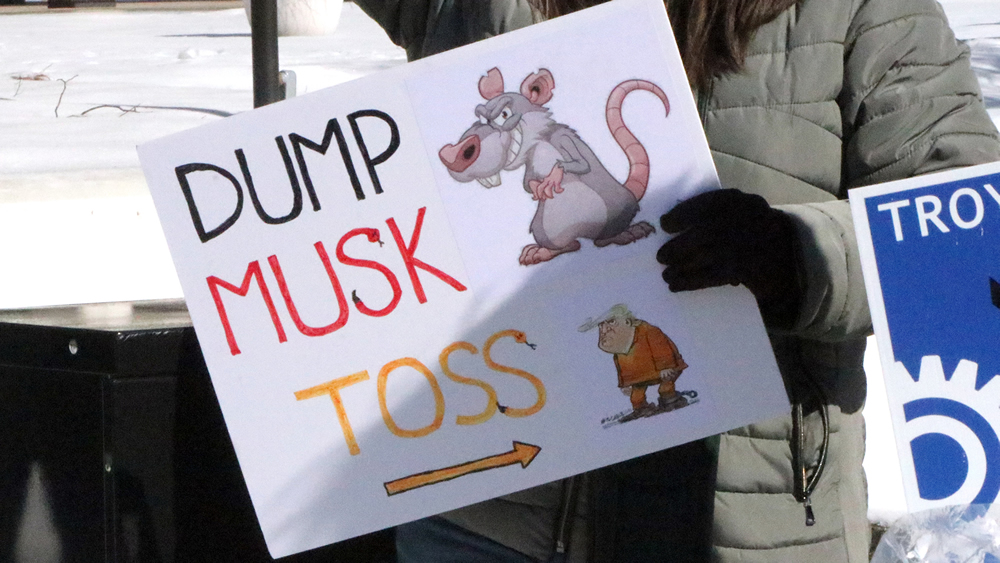February 20, 2025

Anguish, shock and determination marked a national press conference spotlighting scientific researchers and their unions Feb. 20, as affected unions—including UUP—assessed damage from the Trump administration’s cuts to NIH funding and planned their counterattack.
The virtual forum was organized by Labor for Higher Education, a coalition of 11 higher education unions around the country, including AFT, which is one of UUP’s national affiliates. Todd Wolfson, president of the American Association of University Professors, moderated the discussion.
The forum was attended by nearly a dozen national and international press outlets including The Washington Post, Huff Post and USA Today. It featured researchers directly affected by the administration’s Feb. 7 order for a 15% cap on so-called “indirect funding” for scientific research financed by grants from the National Institutes of Health.
Indirect funding covers operating costs and equipment. Although a federal court order has temporarily restored the funding, the outcome of the case is far from certain.
“We know for a fact that the cuts that have already been announced will a terrible impact,” UUP President Fred Kowal told the forum audience. “Individuals who work in research? Their jobs will be cut. Clinical research will stop. We will see dramatic impacts rippling out through society.”
Tens of millions of grant funds at risk
The cuts hit New York universities hard, as the temporary halt rocked research programs that represent more than $40 million in NIH grants in the SUNY system alone. Crain’s New York Business reported Feb. 10 that the state stood to lose research programs worth $850 million in NIH grants if the cuts to indirect funding stood.
The potential cost to research projects around the country was estimated to be at least $4 billion—and double that, by the calculation of Labor for Higher Education—when they were abruptly halted Feb. 7. Although many grants resumed after the Feb. 11 court order, researchers who spoke during the forum described world-renowned scientific efforts focused on cancer, brain injuries and other life-threatening medical problems being thrown into disarray.
Some research projects on topics deemed controversial by the administration, including those dealing with the environment, women’s health and diversity, are still shut down. Many others have lost talented young staff, who fear that their careers will never be safe even if this cut is permanently halted.
Shaken but not broken
The researchers who spoke during the forum showed the strain of the last two weeks. Haley Chatelaine, a member of the NIH Fellows United union and a post-doctoral fellow at the federal National Center for Advancing Translational Sciences—a division of the U.S. Department of Health and Human Services—paused to regain her composure as she spoke about her fears for the future of research in the United States.
“It’s hard for me to even speak about this,” she said. “We scared, but we are fighting. We’re pushing back with our collective union power.”
Strategies for that fight include a sustained campaign of high-visibility rallies, of pressure on lawmakers and campus administrations and of building union coalition strength to refute the administration’s attacks on scientific research and higher education in general.
For more information about Labor for Higher Education and future actions, go HERE

